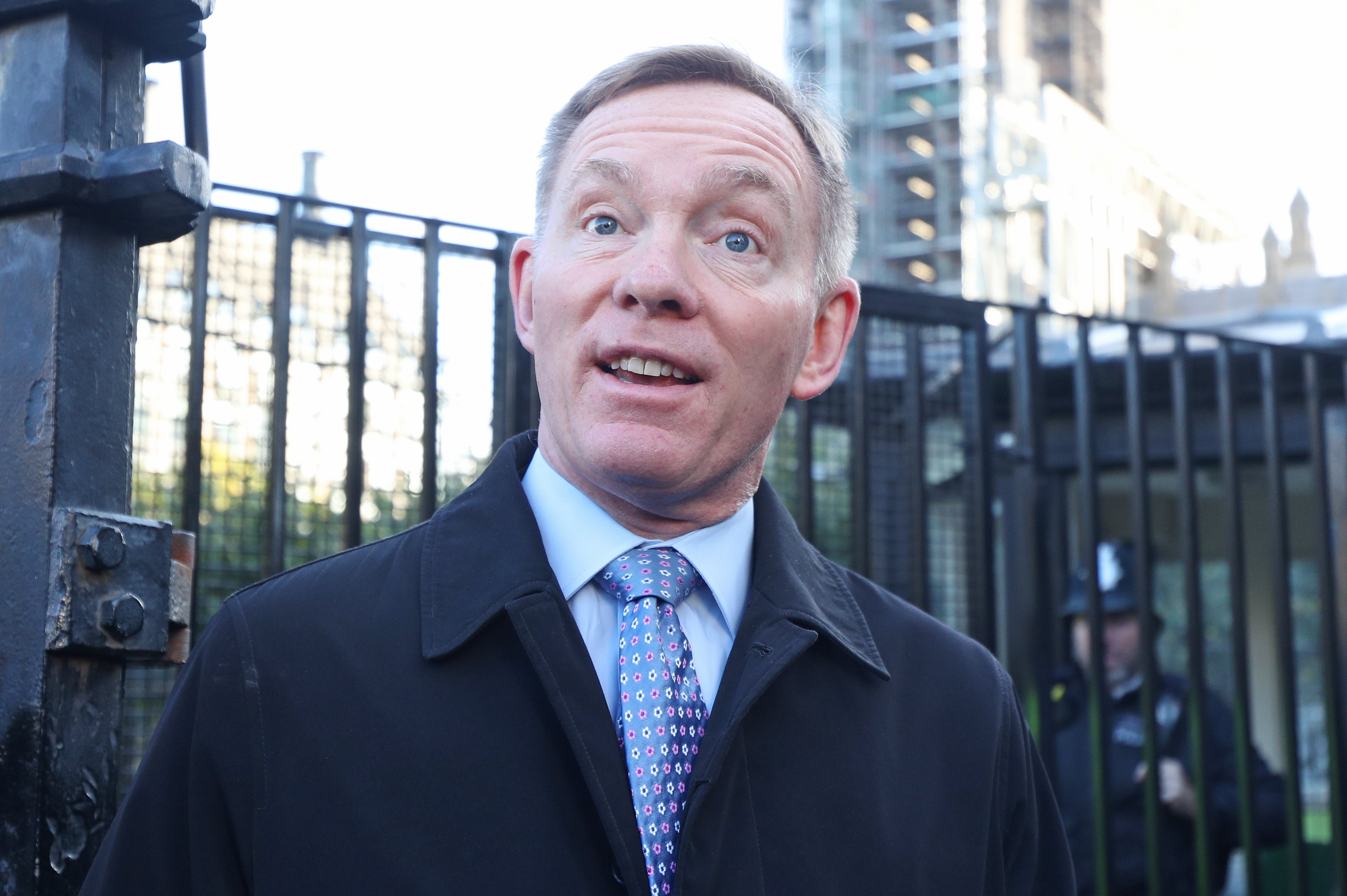
Cross-party groups formed by MPs and peers should be banned from receiving funding from foreign governments amid security concerns, a Commons watchdog has said.
New rules must be adopted to prevent hostile states buying access by exploiting parliament’s “soft underbelly” of All-Party Parliamentary Groups (APPGs), the standards committee has warned.
And senior Labour MP Sir Chris Bryant, the committee chair, said there has been more than one case involving an APPG which had been probed by the security services.
Concerns have risen over the informal interest groups as their numbers have spiralled, while a woman who helped set up a Chinese in Britain group was revealed by MI5 to be a spy.
Mr Bryant referred to the high-profile case in which a woman behind the China-related APPG was revealed to be a spy – but said there had been more than one which were “a matter for the security services”.
The senior Labour backbencher said foreign governments were “very interested” in using the informal cross-party interest groups, the numbers of which have spiralled in recent years.
Sir Chris told BBC Radio 4’s Today programme that the Commons director of security Alison Giles “gave us pretty conclusive evidence that some foreign governments are very interested in using APPGs as a means of getting across their point of view”.
He added: “Sometimes that’s perfectly legitimate and fine. It’s fine for MPs to meet with ambassadors, even from difficult countries – but sometimes, there’s that incident ... in relation to China. It’s not the only case where there are security concerns.”
Asked which other cases there had been, he said: “I can’t refer to them, I’m afraid, as that’s a matter for the security services and for Alison Giles, but both the Speaker of the House of Commons and the Speakers of the House of Lords have expressed their concerns.”
The standards committee has set out a proposed package of reforms that includes barring foreign governments from running controversial APPGs.
Its report calls for an outright ban on secretariats provided by foreign governments and for annual reports on income and spending to be published to enhance transparency.

MPs would be barred from sitting as officers on more than six APPGs under the proposals that will need to be approved by parliament. And tougher rules would be introduced on the governance of groups receiving more than £1,500 a year in outside benefits.
The committee also issued a warning against access passes to parliament being handed to external secretariats of APPGs.
Labour MP Barry Gardiner, the former chairman of the now disbanded Chinese in Britain APPG, received more than £500,000 in donations from Christine Lee before MI5 warned she was a spy.
With the number of APPGs now around 744, a growing number of APPGs are sponsored by companies and campaign groups to cover foreign trips and running costs.
Mr Bryant said there is a risk of improper links both to commercial bodies and foreign governments, who can persuade an “easy-minded MP” to establish one of the groups in order to influence legislation.
Sir Chris said the reforms are needed because “we need to be able to follow the money very carefully” to prevent “inappropriate peddling of influence”.
He added: “The soft underbelly of parliamentary access is APPGs, which could be exploited by commercial interests or by foreign state actors that wish us ill.”







